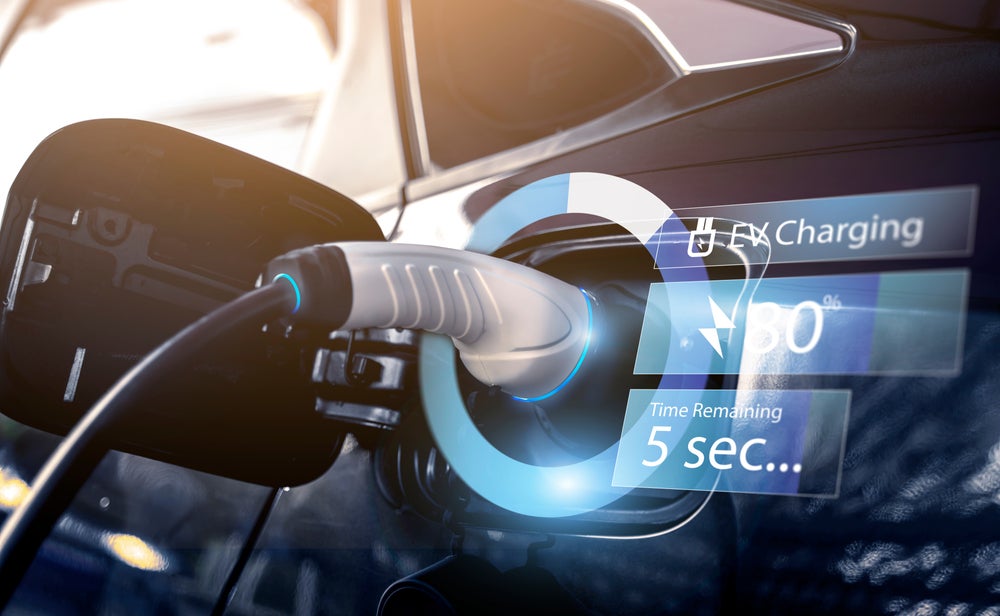
A lack of accessible public charging points for electric vehicles (EV) means increased investment in EV will not pay off anytime soon.
If EV infrastructures like battery and charging points are not built, the government won’t be able to justify spending taxpayer money on these vehicles, according to Emilio Campa, thematic analyst at research firm GlobalData.
He made his predictions in a new podcast from the research firm. The transport analyst backed up the need for more public charging points as there is set to be over 27.5 million EVs made for the road by 2030.
However, a increased demand for lithium, from light-duty EV production, will outstrip supplies of battery-grade lithium by over 2,400 kilotons by 2030.
“This will drive up EV prices and mean new innovative technologies that will rely on batteries, such as flying taxis, will be at the back of the queue, stalling their implementation,” said Campa. “It’s not just battery metal shortages that we’re lacking in but also public charging infrastructure. When you look at EVs for example, charging infrastructure is often a key focus of specific government policies, but investments still lacking.”
Governments have started working on how to address battery metal shortages. The production of lithium-ion battery cells are set to from 1.2 terawatt hours (TWh) by nearly five times from 1.2 TWh in 2022 to 5.8 TWh in 2030.
How well do you really know your competitors?
Access the most comprehensive Company Profiles on the market, powered by GlobalData. Save hours of research. Gain competitive edge.

Thank you!
Your download email will arrive shortly
Not ready to buy yet? Download a free sample
We are confident about the unique quality of our Company Profiles. However, we want you to make the most beneficial decision for your business, so we offer a free sample that you can download by submitting the below form
By GlobalDataCampa said this may be “too little too late” as work on subsidising mining of critical mental should have started several years ago.
“It’s not just EVs that need power,” Campa aid. “Innovative transport technologies that many hope will be ubiquitous by 2030 – especially flying taxis – will heavily rely on battery technologies.
“If there aren’t enough batteries for EVs, there definitely won’t be for flying taxis. The dream of extensive air taxi fleets won’t get off the ground by 2030.”
Campa claimed that it is also unlikely these innovative transportation systems needing significant investment will be put in place by 2030. This includes systems such as EVs, flying taxis and hyperloops, despite a strong hype surrounding such technology.
Technologies like the hyperloop need new infrastructures to reply on. A standard rail network cannot accommodate hyperloops, while costs of keeping a well-maintained hyperloop free of air, are not currently known.
The issues facing electric transportation, follows news that automotive companies like Volvo plan to phase out the sale of non-electric cars by 2030. Volvo claimed this was part of a climate plan to help reduce its carbon footprint.
GlobalData is the parent company of Verdict and its sister publications.






